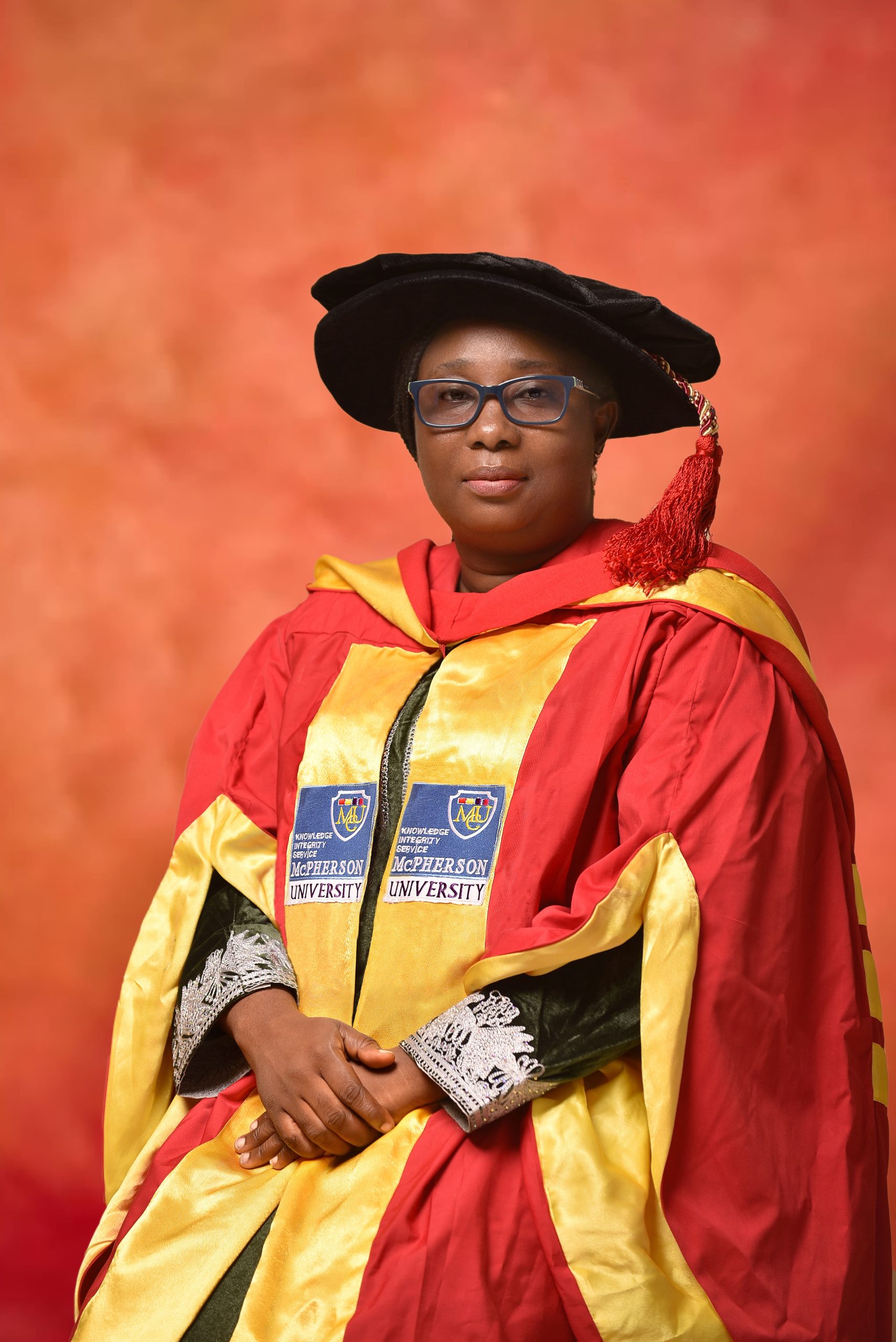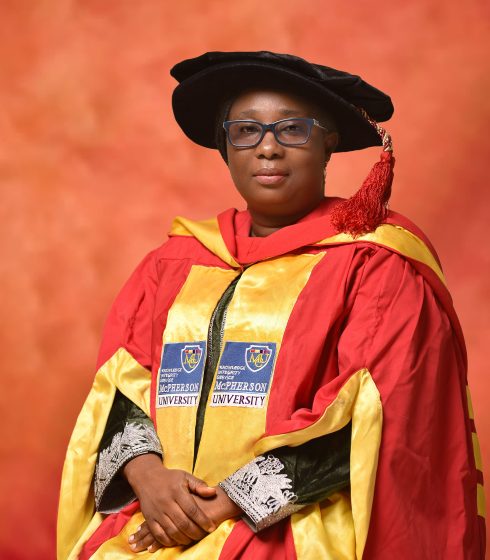An important issue generally debated amongst the planners and educators world over is how technical education can contribute to sustainable development of the societies struggling hard to come in the same bracket as that of the developed nations. The rapid industrialization and globalization have created an environment for free flow of information and technology through fast and efficient means. This has led to shrinking of the world, bringing people from different culture and environment together and giving rise to the concept of world turning into a global village. Technical education system is one of the significant components of the human resource development and has grown phenomenally during all these years. Now it is time to consolidate and infuse quality aspect through developing human resources, in the delivery system. Polytechnics play an important role in meeting the requirements of trained technical manpower for industries and field organizations
Several studies reiterated massive unemployment of Nigerian universities and polytechnic graduates over the last few decades. The university curriculum, in the past, was tailored towards making graduates suitable only for only white-collar jobs. This underscores why millions of our youths and a lot of university graduates roam about the major cities in search of elusive white-collar jobs. This problem is said to be traceable to the disequilibrium between labour market requirements and lack of essential employable skills by these graduates.
A survey by the National Bureau of Statistics showed that an average of 1.3 million Nigerians entered the job market every year. Similarly, 53 per cent of people between 24 and 44 years old are unemployed, while the National Committee on Job Creation put the total number of unemployed Nigerians at 49 million. The largest group is the unemployed youths, which has resulted in increased hard and soft crimes ranging from: advance fee fraud, urban violence, banditry, kidnapping, terrorism, militancy and insurgency in the country.
Many individuals have difficulties in creating new business ventures via translating their business ideas to realities due to lack of necessary information and skills needed to achieve their target goals. The question is, is it necessary and possible to position Nigerian higher education institutions to stimulate economic growth through a deliberate agenda of production of entrepreneurial graduates?
Many countries offer entrepreneurship education for life-long trade. There is no gainsaying that many of these countries offer courses that enable students to meet their general academic requirements while learning a trade. However, because of the recent challenges in the global economy, many tertiary institutions have shifted emphasis to training in computer appreciation and information technology among other related disciplines. Many public institutions work closely with willing industries and high-net individuals to establish curriculum and programmes to meet their students’ skill demand.
In line with the Vice Chancellor-Professor Francis Igbasan’s transformation agenda and in realization of the fact that white collar jobs are gradually getting out of reach, the decision of the University to establish the Centre for Entrepreneurship and Innovations (CEN) will prepare and equip the students against the backdrop of employment challenges confronting their generation by imparting in them entrepreneurship spirit and vocational skills.
The import of this is that by the time students are graduating from this great University, they will be equipped with both the degree certificate to work with and the entrepreneurial skills to be self-reliant (if need arises).
Out of the thirteen vocational courses curriculum drawn, the university can project to start with seven (7) vocations, namely:
- Fashion Designing and Accessory
- Catering and Confectioneries
- Textile Designing
- Computer Technology (computer hardware, Solar Technology and Phone repairs)
- Footwear, bag making and Leather work
- Hair dressing, unisex salon and cosmetology
- Household Care Products Making















